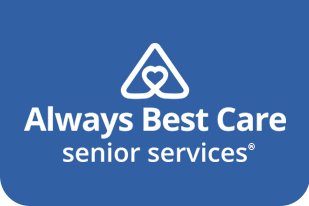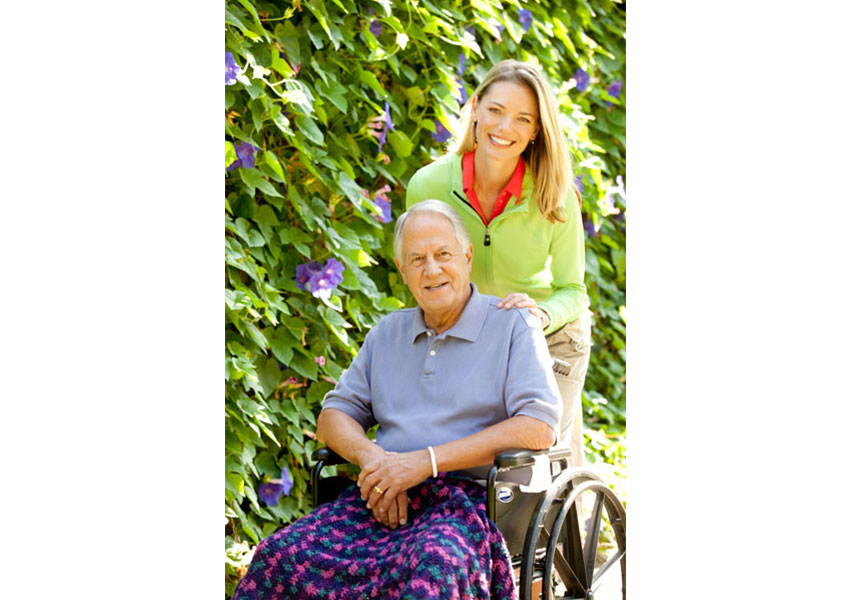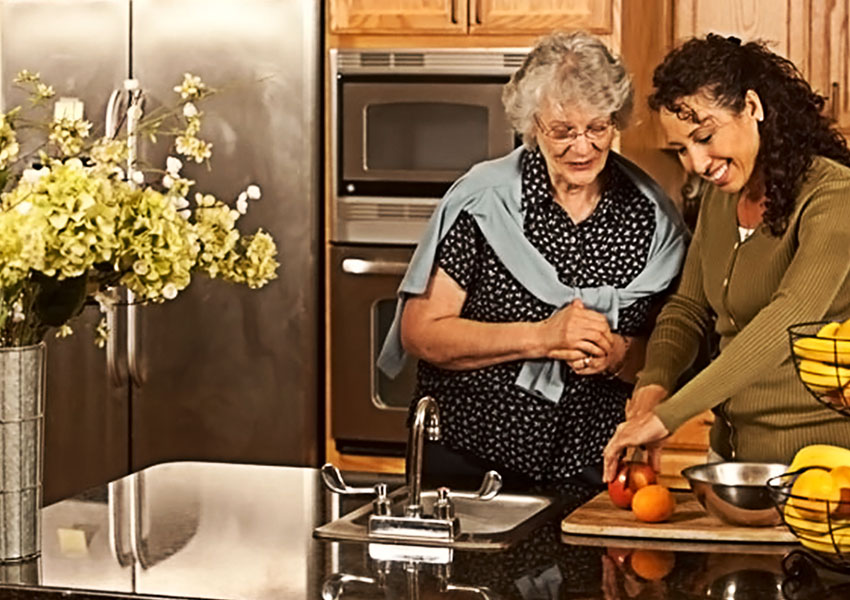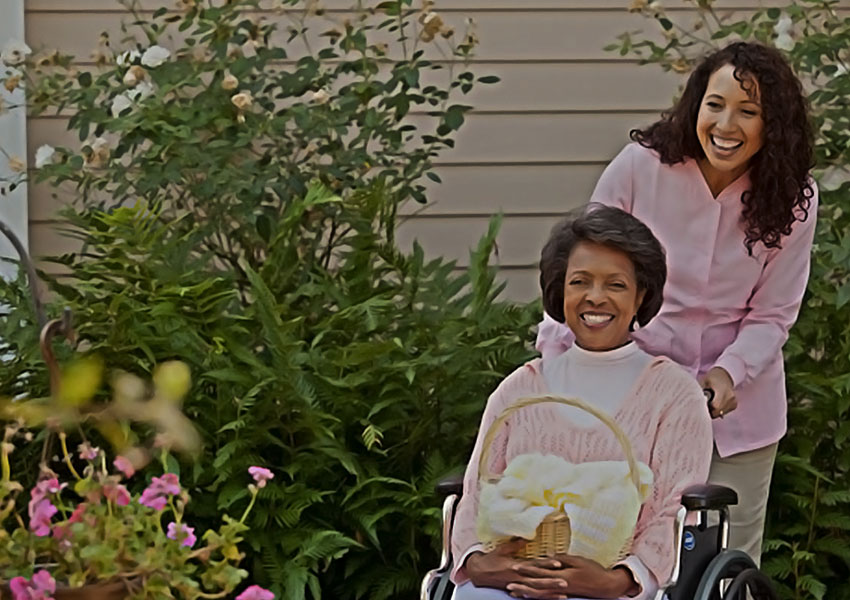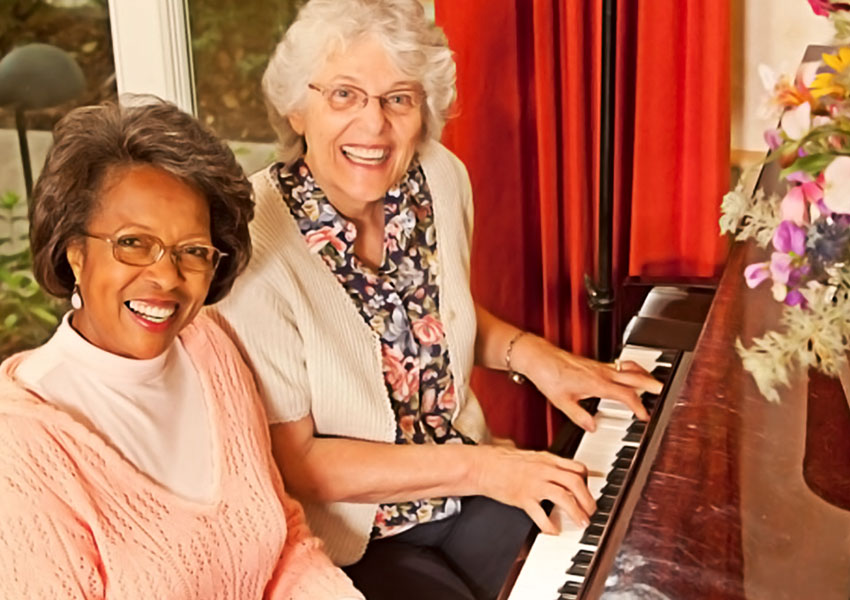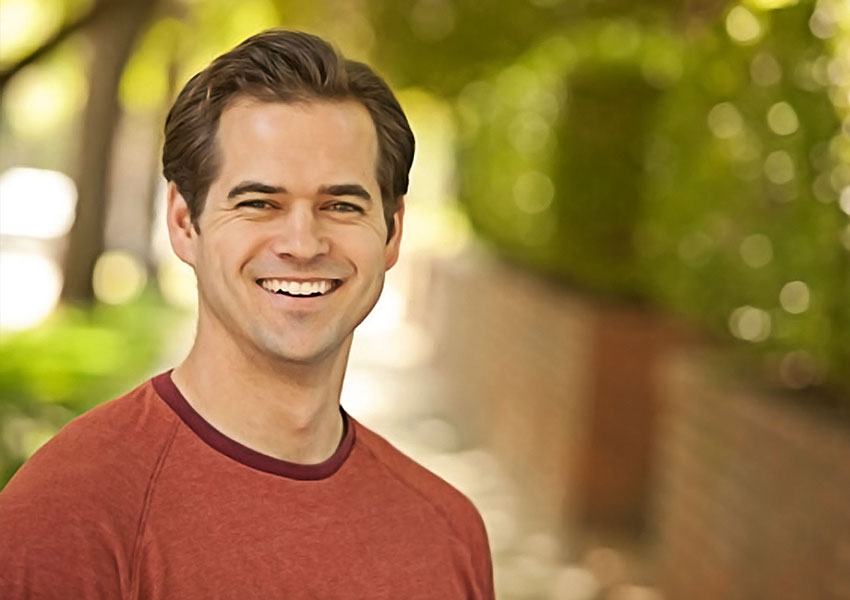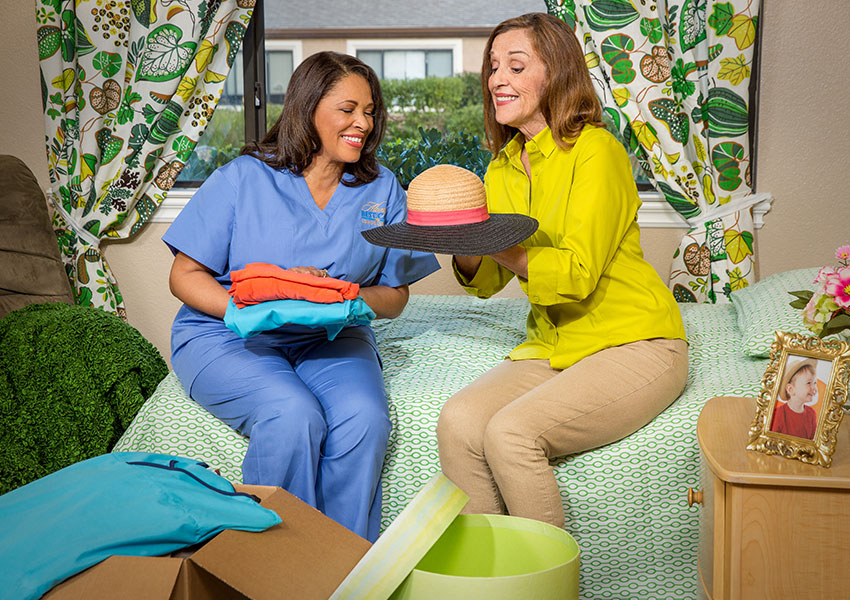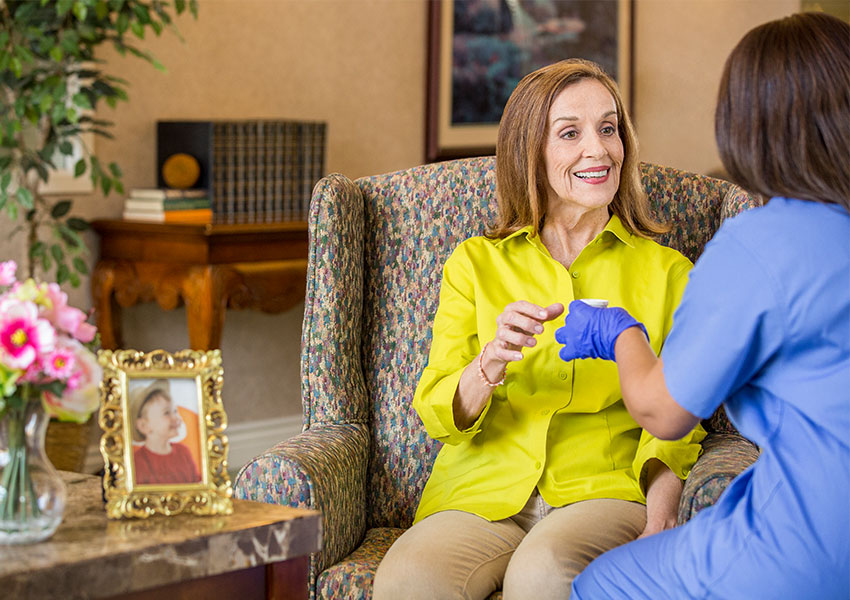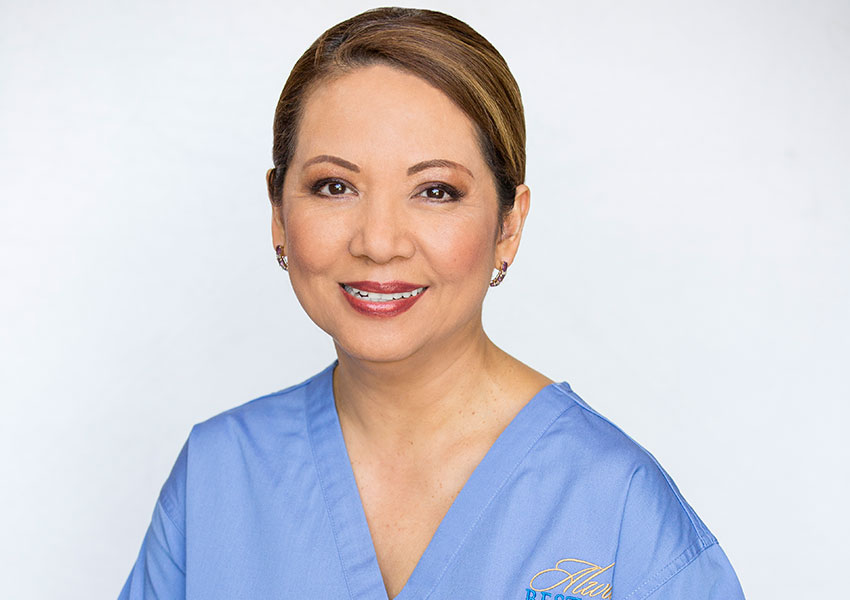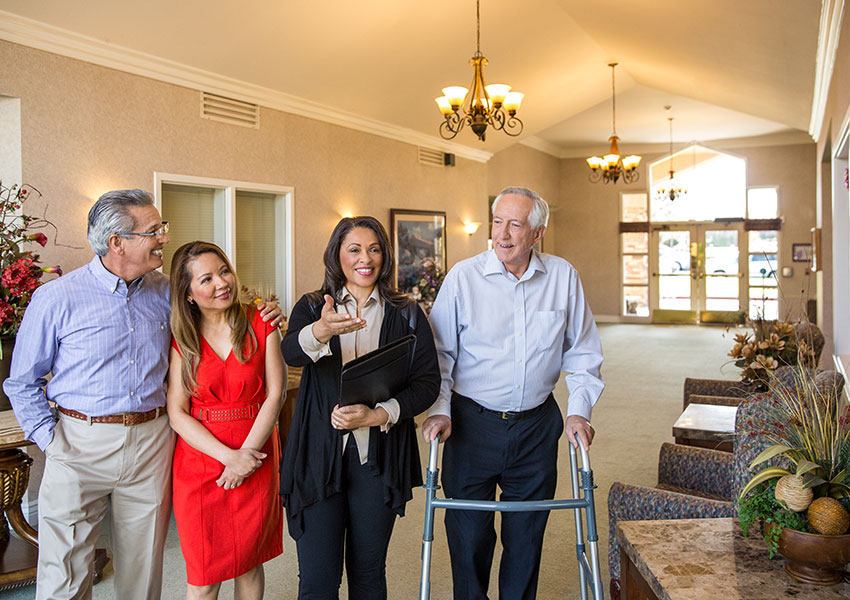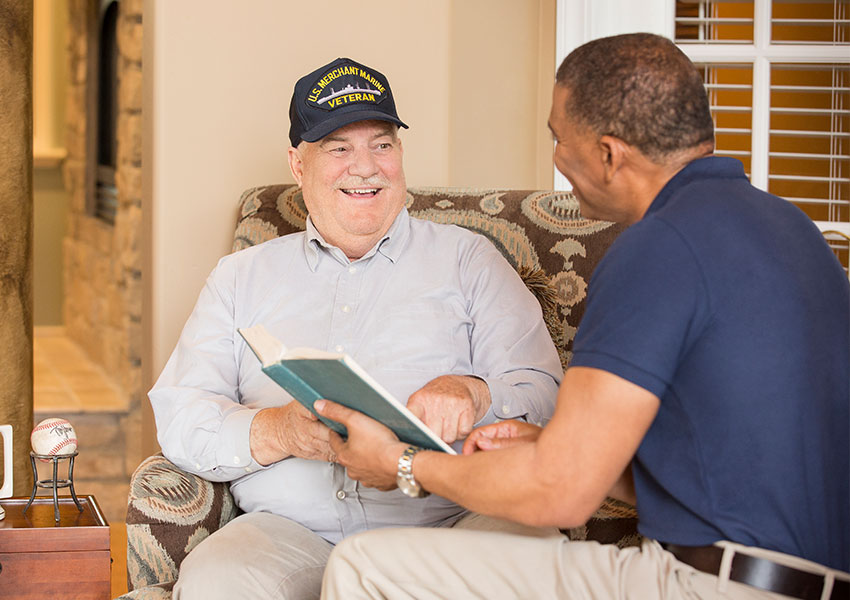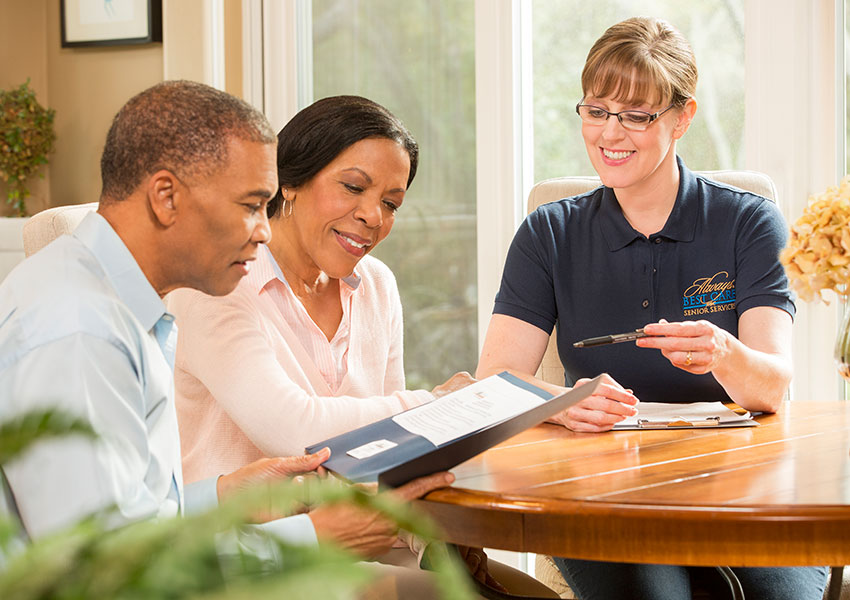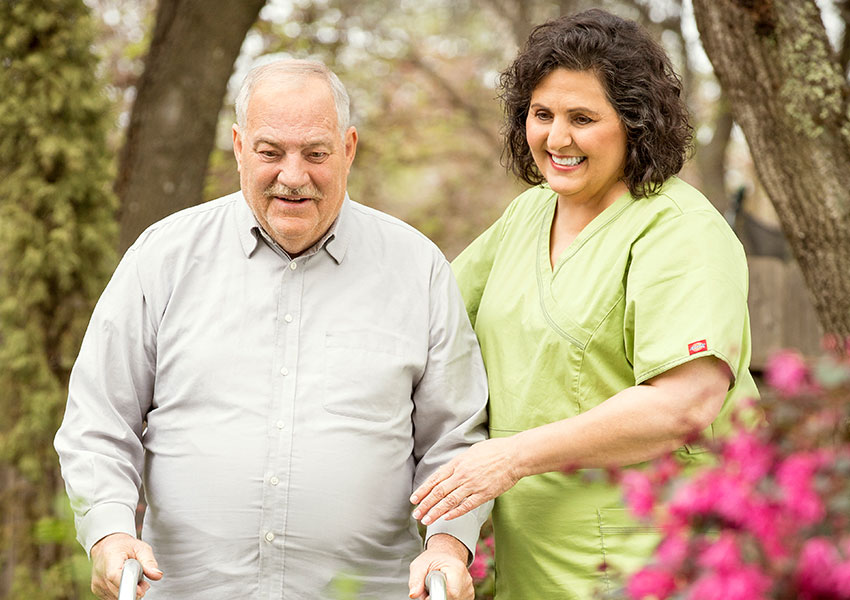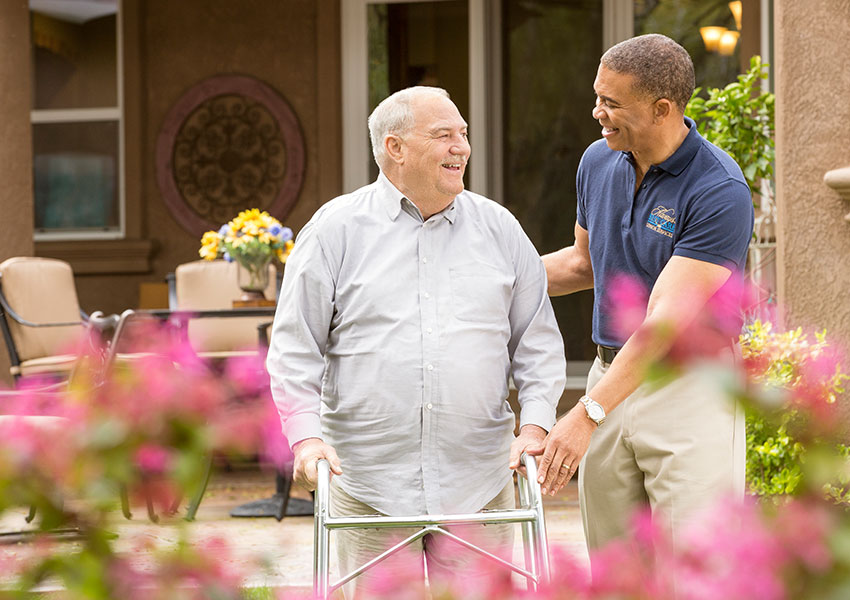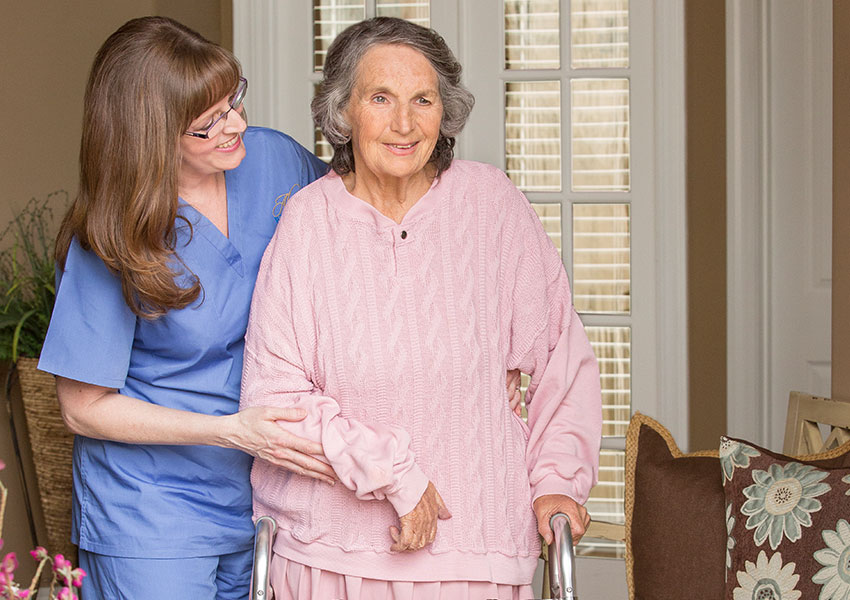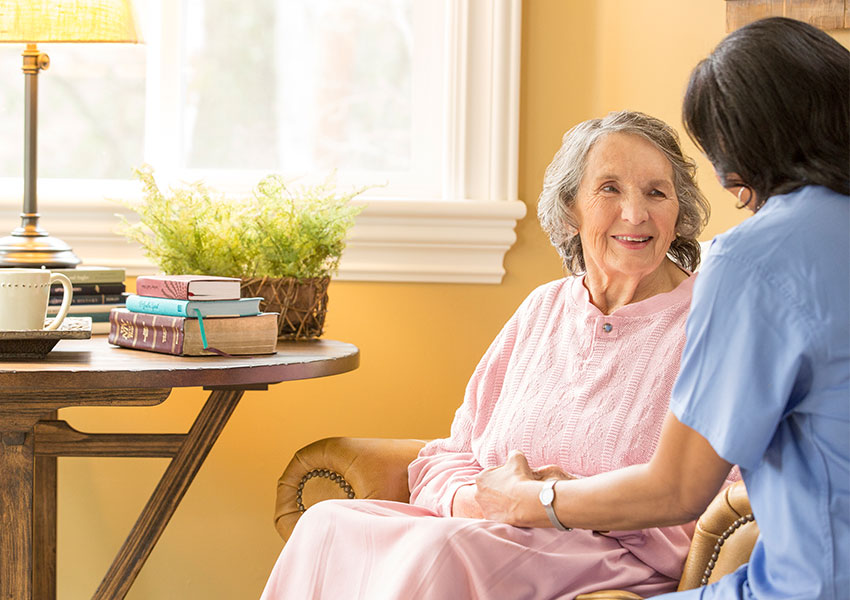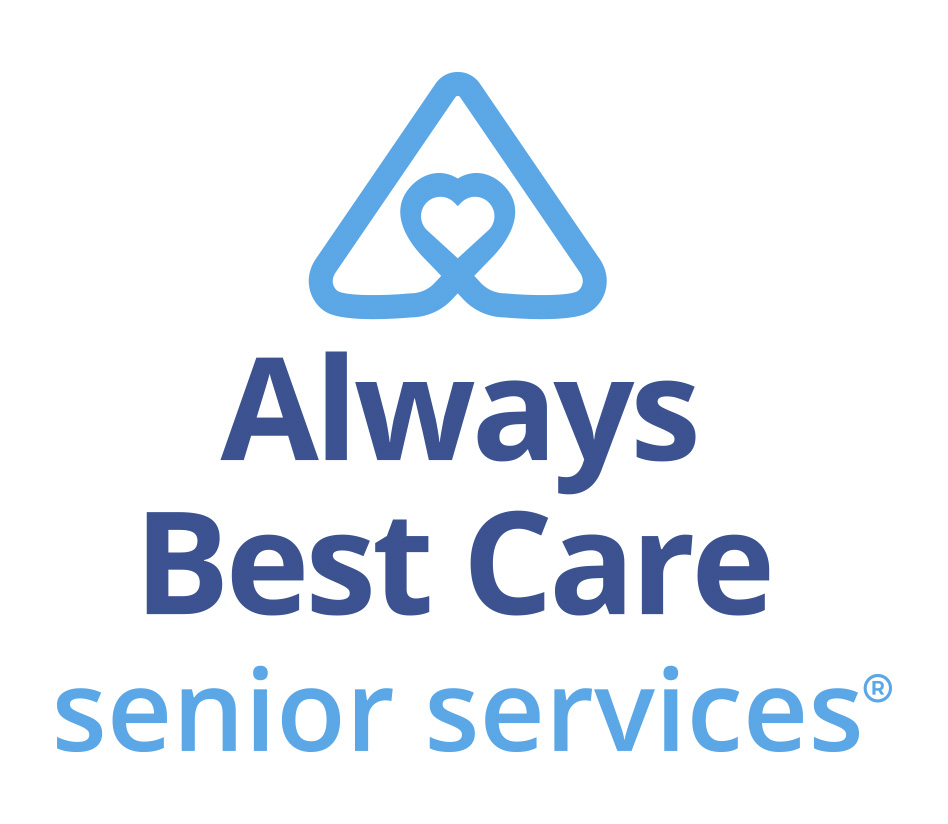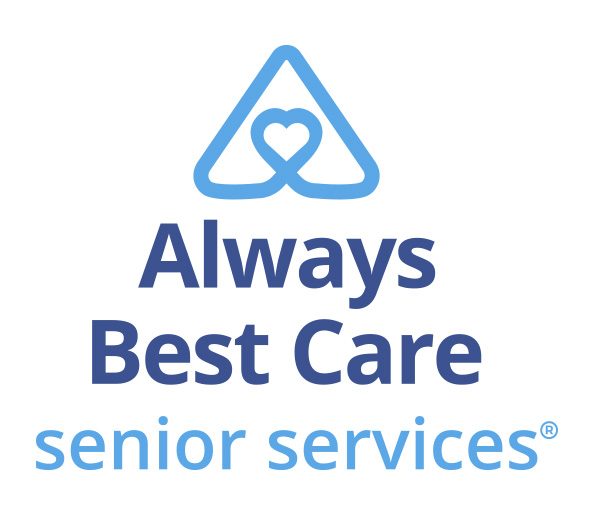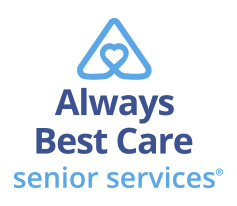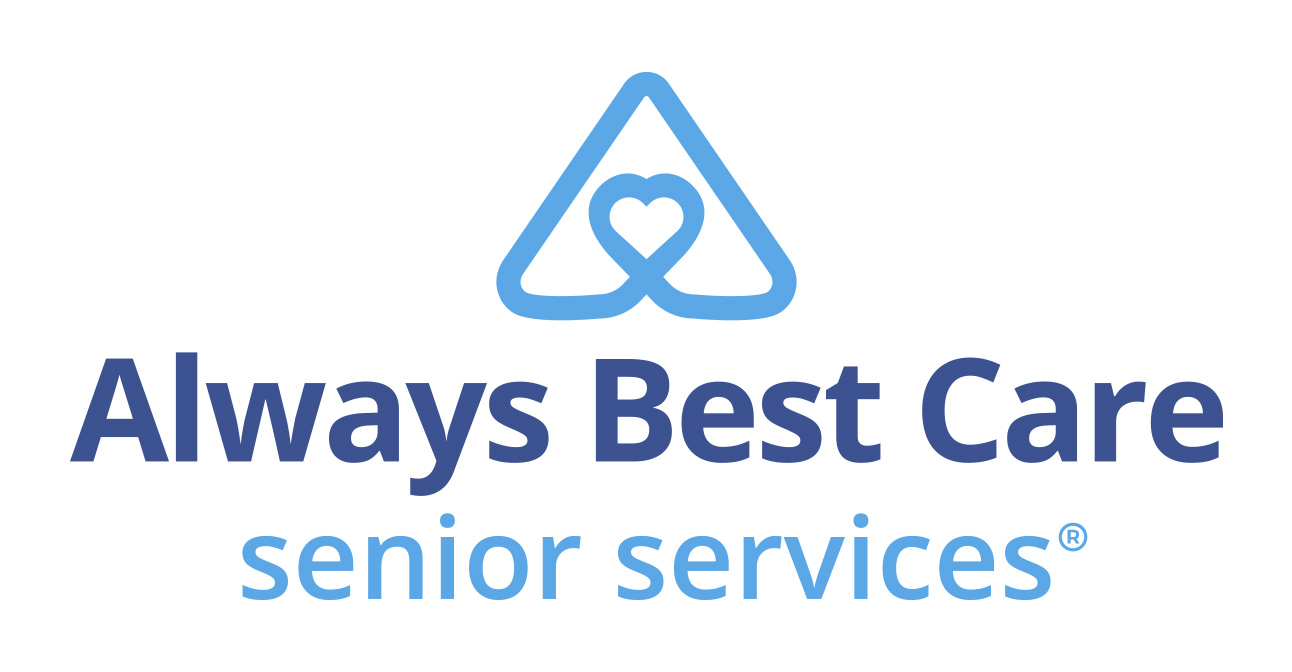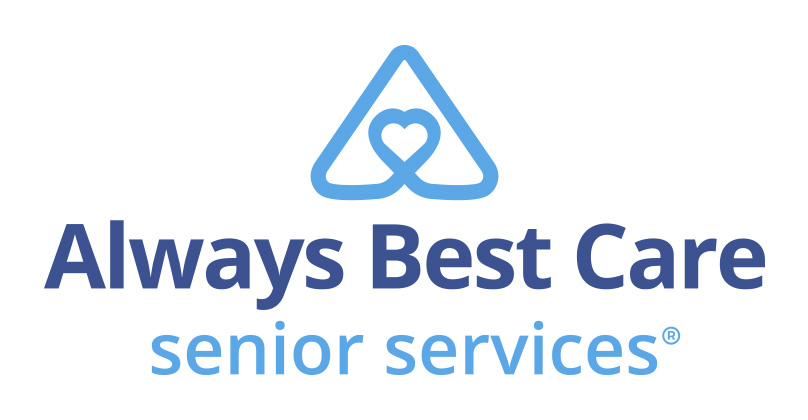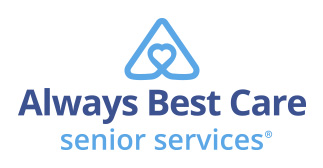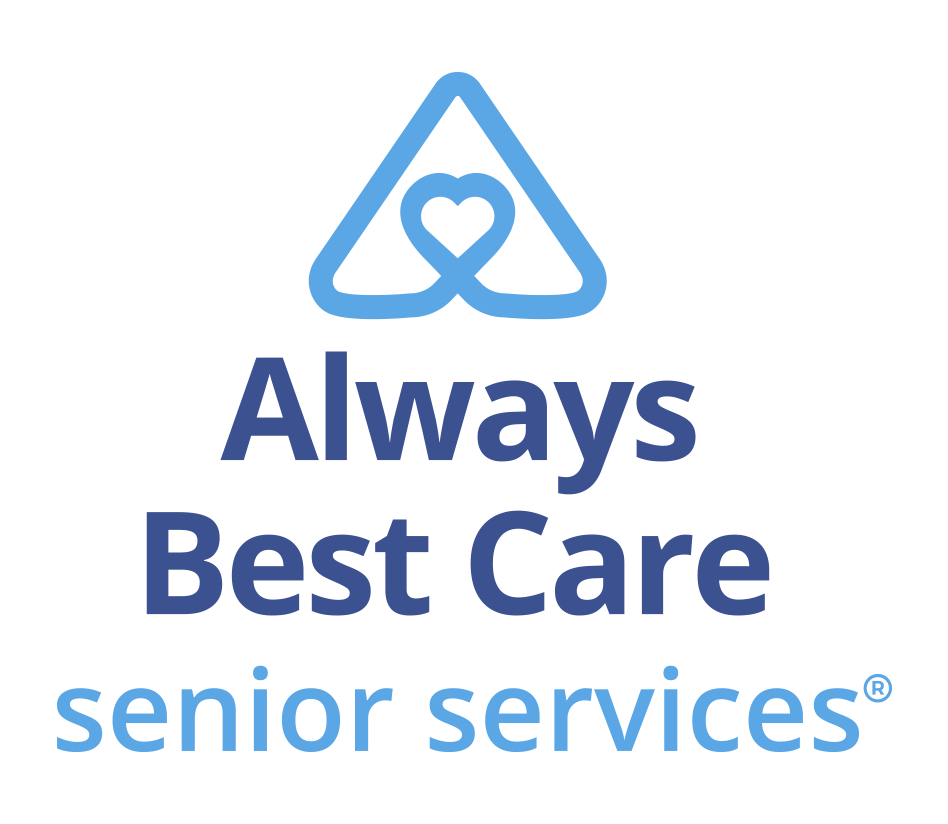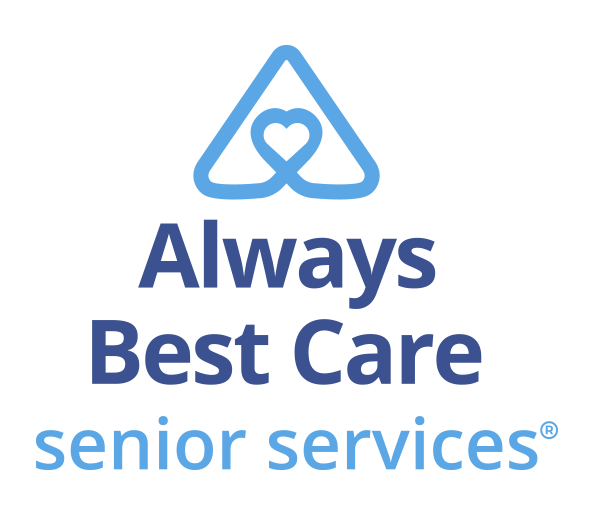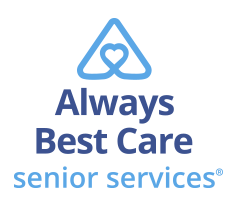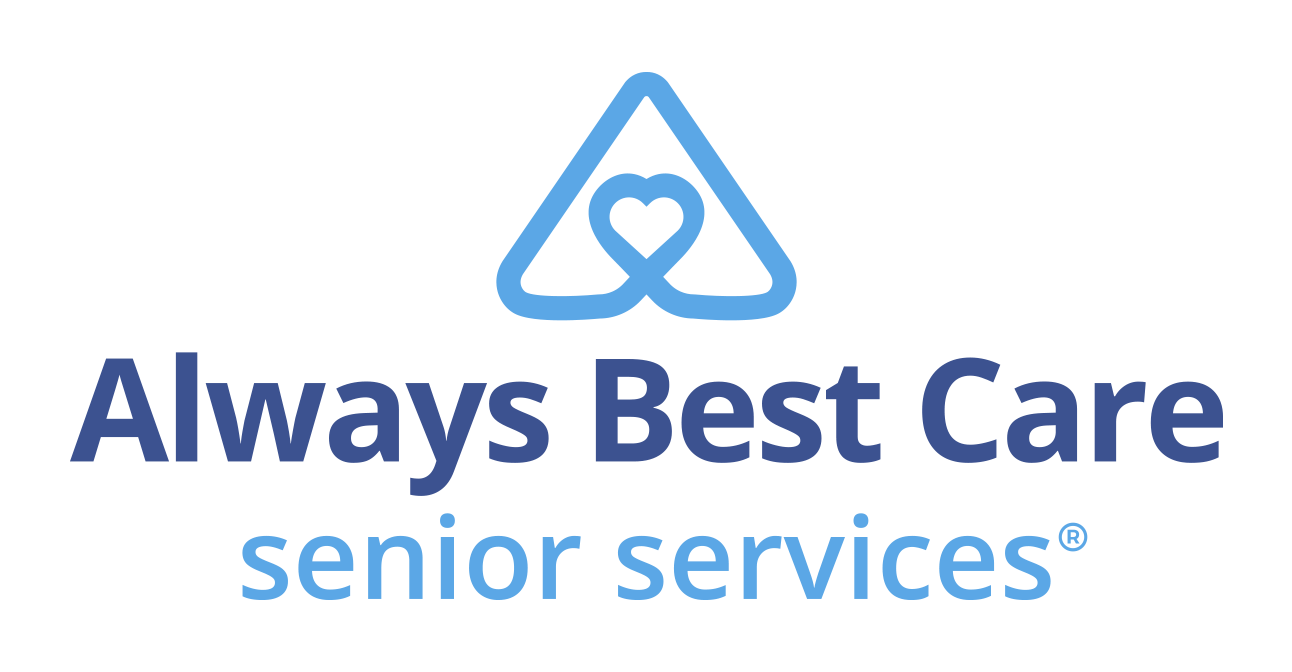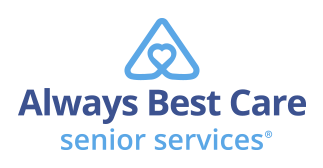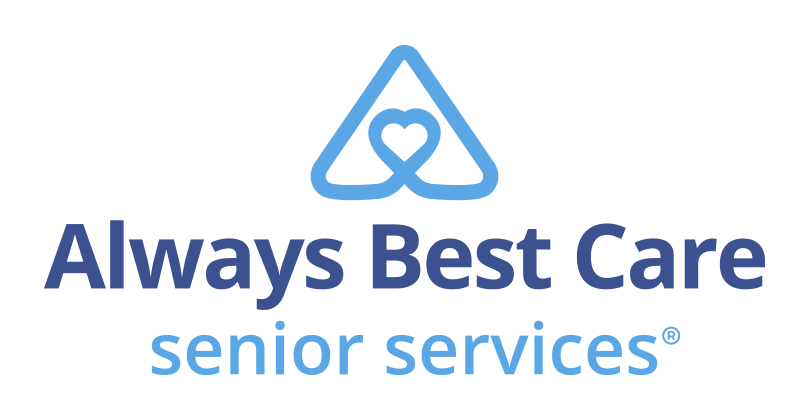In this age of all-encompassing technology, if you’re feeling paranoid, you’re probably not going crazy. An article in Next Avenue (originally on Grandparents.com) details some of the ways you’re being watched.
License plate readers. Many police cars and objects like road signs and bridge are outfitted with automatic license plate readers designed to track the movements of every vehicle that passes. Information collected includes license plate number, date, time and location.
Sidewalk and public space cameras. To lower crime rates, the Department of Homeland Security has set up high-tech video cameras that monitor urban streets. Even medium- to small-sized cities have spent hundreds of thousands of dollars on surveillance cameras and software.
Public transportation. The Department of Homeland Security has funded installation of public bus video and audio surveillance in numerous U.S. cities, including San Francisco, Baltimore, Detroit, Hartford, Conn., Concord, N.H., and Boston.
Credit and loyalty cards. Every purchase you make is tracked and analyzed and can be sold to other vendors.
Phone. The National Security Agency (NSA) has been collecting phone call metadata (time, date, location, phone numbers of each party) since 2001. If you’re talking to someone who’s out of the country, the NSA can legally listen in on your conversation.
TV. New technology built into so-called ‘smart’ TVs would allow the cable company (or potentially the government) to watch you through your television, although it is not being used yet for that purpose.
Computer. Hackers can plant viruses on your computer, allowing criminals remote access to the webcam (to watch you) and microphone (to hear you) on your computer. Clicking on a strange link you don’t recognize within an email could be the access point for the virus. Even the FBI can access your webcam in a remote fashion, and the NSA has a specialized spy tool called GUMFISH that can commandeer cameras on “infected” computers to take photos and record conversations from unsuspecting private citizens.
Emails. Both the Gmail and Yahoo web-based email services have the right to scan the content of your emails to better target you with ads. And the FBI can access saved email messages, pictures and files.
Internet. Data from “cookies,” the small pieces of data stored in your browser ( Google, Internet Explorer, etc.) that track the web sites you visit, get fed into huge databases, which can be sold to marketing companies.
Reprinted by Always Best Care Senior Services with permission from Senior Spirit, the newsletter of the Society of Certified Senior Advisors The Certified Senior Advisor (CSA) program provides the advanced knowledge and practical tools to serve seniors at the highest level possible while providing recipients a powerful credential that increases their competitive advantage over other professionals. The CSA works closely with Always Best Care Senior Services to help ABC business owners understand how to build effective relationships with seniors based on a broad-based knowledge of the health, social and financial issues that are important to seniors, and the dynamics of how these factors work together in seniors’ lives. To be a Certified Senior Advisor (CSA) means one willingly accepts and vigilantly upholds the standards in the CSA Code of Professional Responsibility. These standards define the behavior that we owe to seniors, to ourselves, and to our fellow CSAs. The reputation built over the years by the hard work and high standards of CSAs flows to everyone who adds the designation to their name.
About Always Best Care®Founded in 1996, Always Best Care Senior Services is based on the belief that having the right people for the right level of care means peace of mind for the client and family. Always Best Care assists seniors with a wide range of illnesses and personal needs, and currently provides more than 3 million hours of care every year. Franchise opportunities are available to individuals interested in leveraging the company’s clear strategy and proven track record for delivering affordable, dependable service to seniors in their local areas.
By working with case managers, social workers, discharge planners, doctors, and families, Always Best Care franchise owners provide affordable, comprehensive solutions that can be specifically matched to meet a client’s particular physical or social needs. The hallmark services of the Always Best Care business portfolio include non-medical in-home care and assisted living finder and referral services, with skilled home health care now being phased in throughout the country. For more information, visit www.AlwaysBestCare.com. For franchise opportunities, visit www.FranchiseWithAlwaysBestCare.com
Always Best Care also offers Always in Touch, a telephone reassurance program that provides a daily phone call to seniors and disabled adults who are living alone and have limited contact with the outside world. Always in Touch is the only absolutely free national telephone reassurance program of its kind anywhere in the USA and Canada. For more information on Always in Touch, or to request an application, visit www.Always-in-Touch.com.
Another special program from Always Best Care is Always on Call –provided free to Always Best Care clients and their families with a minimum of 5 hours of monthly care. Families will have anytime access to physicians 24/7 if they’re considering ER or urgent care for non-emergency issues, if they need a non-narcotic prescription or refill, if they can’t take time off from work or school, if they’re traveling and need medical care, if their primary physician is not available, or if they have a sick child, spouse or elderly parent. This special service is provided to Always Best Care clients and their families by 24HourMDNow, an independent company not affiliated with Always Best Care.
To print this article CLICK HERE
